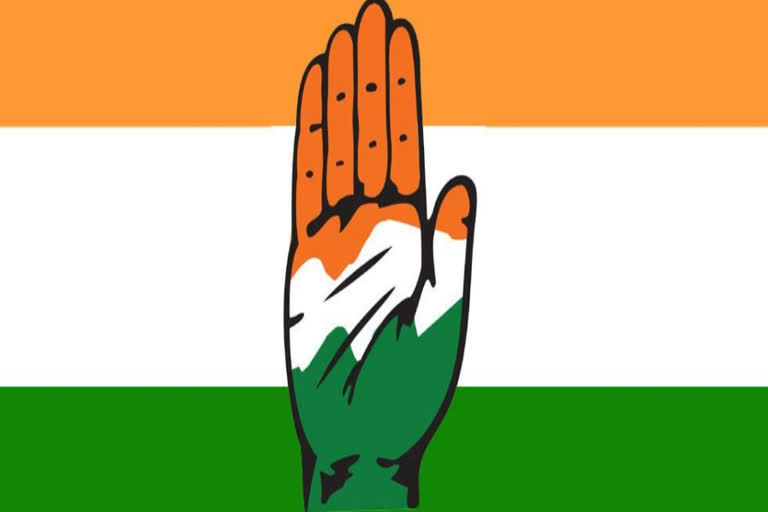New Delhi:Stepping up attack on Centre over the new National Education Policy (NEP) 2020, Congress said that the new policy misses the fundamental goal of human development and expansion of knowledge.
While addressing a press conference, on Sunday, Congress leaders MM Pallam Raju, Rajeev Gowda and Randeep Surjewala said the NEP seeks to create a digital divide between the poor and the rich as it promotes privatisation of public education and "this will lead to it going out of reach of the middle class and the disadvantaged in the society".
Former HRD minister Pallam Raju stated that the policy has been launched by the Government without any consultation and has no roadmap for its implementation. He also mentioned that it will create a digital gap in the country.
"NEP 2020 lays principal focus on online education and distance learning to increase Gross Enrollment Ratio from 26 per cent to 50 per cent. In the absence of Digital infrastructure and lack of access to computers/internet, this will lead to increased segregation of poor and disadvantaged by creating Digital Divide," said Pallam Raju.
ALSO READ:NEP 2020: Big ticket reforms in education
Congress also questioned the government's intent in raising spending on education to 6 per cent of the GDP, saying the same has fallen from 4.14 per cent of GDP in 2014 to 3.2 per cent currently under the Modi government and is likely to fall further due to cuts in outlays on account of resource crunch due to the Covid-19 pandemic.
Congress leader Rajiv Gowda, who was also present in the media briefing, further explained, "As per the data of Unified District Information on School Education, only 9.85% of Government schools have a functional computer and 4.09% have an internet connection. This itself puts a question mark on the overwhelming reliance on online education in NEP 2020."
Meanwhile, Congress' Chief Spokesperson Randeep Singh Surjewala asserted "The National Education Policy 2020, which aimed to pave the way for transformational reforms in school and higher education, is high on catchwords, gloss, appearance and verbosity yet lacks a coherent implementational roadmap and strategy, clearly defined milestones and the critical finances necessary to execute this grand vision. It will have implications for socially and economically disadvantaged groups of SC/ST/OBCs, saying that the policy has no mention of reservations- be it for students or teachers or other employees."
